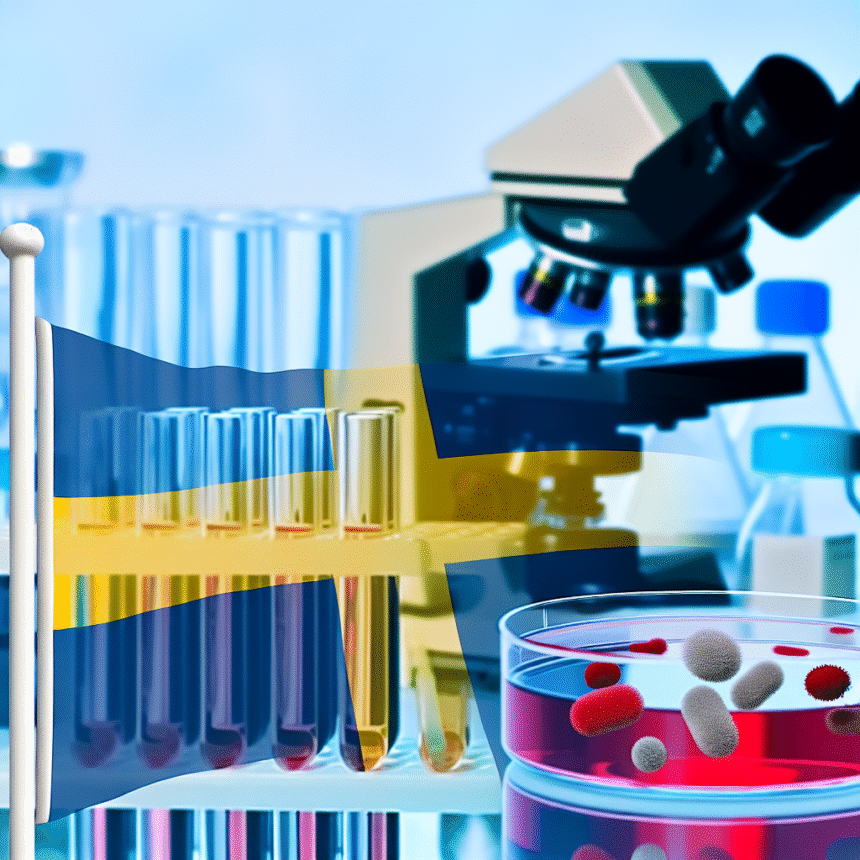It has been called a silent threat to humanity.
Sweden is now introducing a new strategy against antibiotic resistance.
– We need to do significantly more, says Social Affairs Minister Jakob Forssmed (KD).
Part of that is the chicken pox vaccine.
Antibiotic-resistant bacteria in a laboratory at the Veterinary Institute in Oslo.
Photo: Poppe Cornelius / NTB / TT NEWS AGENCY
Sweden generally has a low level of antibiotic resistance.
But resistant bacteria know no boundaries. For example, they have increased avalanche-like in Ukraine in recent years, says Minister of Social Affairs Jakob Forssmed (KD) at a press conference.
– We are facing one of the biggest and most underestimated threats of our time, he says.
If the development is not slowed down, we risk a future where small wounds and simple infections can become fatal, according to Forssmed.
– Our modern healthcare as we know it would be destroyed.
Preventative focus
Sweden is now introducing a new ten-year strategy to counter antimicrobial resistance, of which antibiotic resistance is a part. The threat is real – but there is room for action, according to the Minister of Social Affairs.
– It is a new and more powerful phase, says Jakob Forssmed.
It has a clear preventive focus.
– For example, each has its own specific target area in the human, animal and environmental sectors. This concerns, for example, healthcare hygiene work and strengthened vaccination efforts.
Chickenpox vaccine part of investment
Part of that is the investment in chickenpox vaccine for all non-immune children and young people under 18 years of age.
– When you suffer from chickenpox, which is a viral infection, it is not unusual that you also get infections in the smallpox itself. Then antibiotics may be needed. This shows that there are many areas where you need to act, says Jakob Forssmed.
Going forward, the strategy must be supplemented with an action plan.
Facts: Antibiotic resistance
Antibiotics are drugs used to treat infections caused by bacteria.
It has revolutionized modern medicine and saved countless lives, but its effectiveness is now threatened by antibiotic resistance.
Antibiotic resistance means that bacteria develop resistance to antibiotics. It is a serious and growing public health problem both in Sweden and in the world.
Modern healthcare is dependent on effective antibiotics in, for example, cancer treatments, transplants and operations because they involve an increased risk of infection. But even in simpler conditions, antibiotics may be needed, for example in the case of a urinary tract infection.
When bacteria become resistant to antibiotics, infections that were previously easily treated can become difficult or impossible to cure. The more antibiotics are used, the more the risk of developing resistance increases. Resistance can also spread between bacteria.
Source: Public Health Agency








